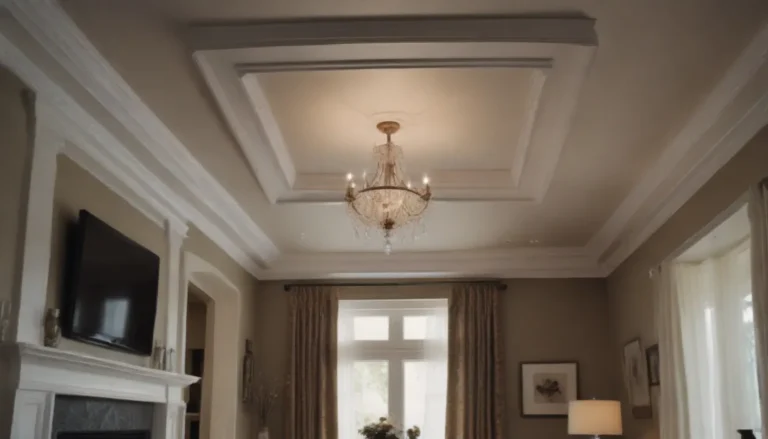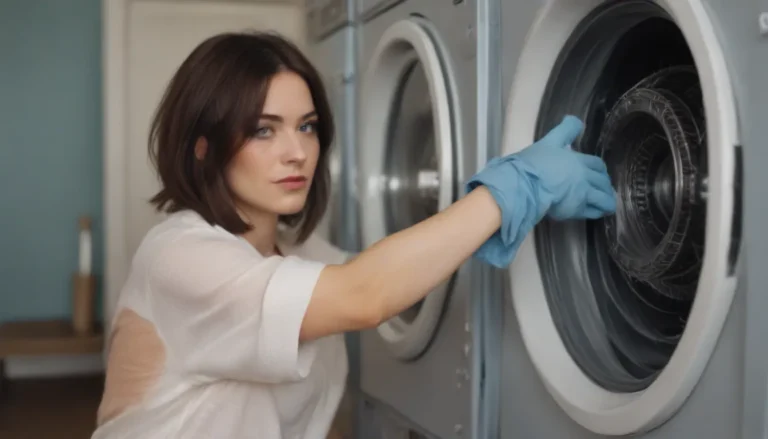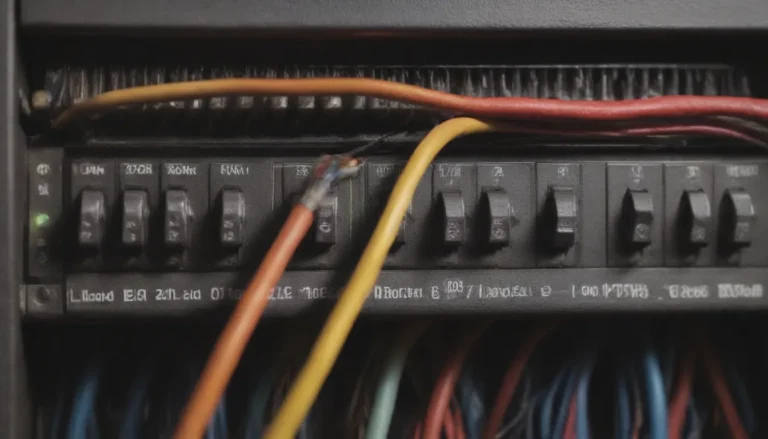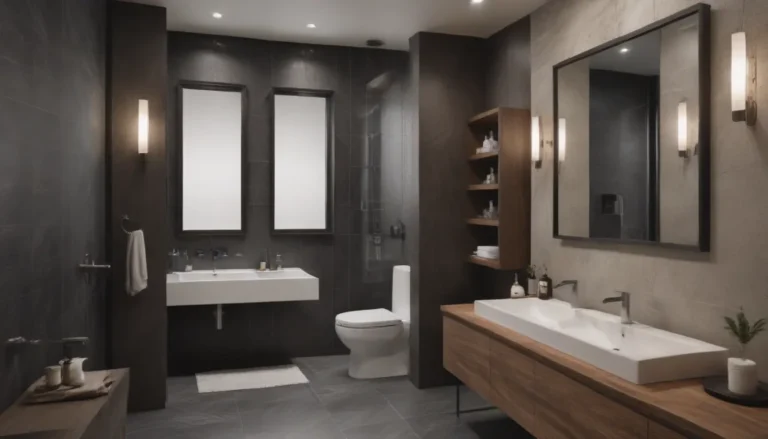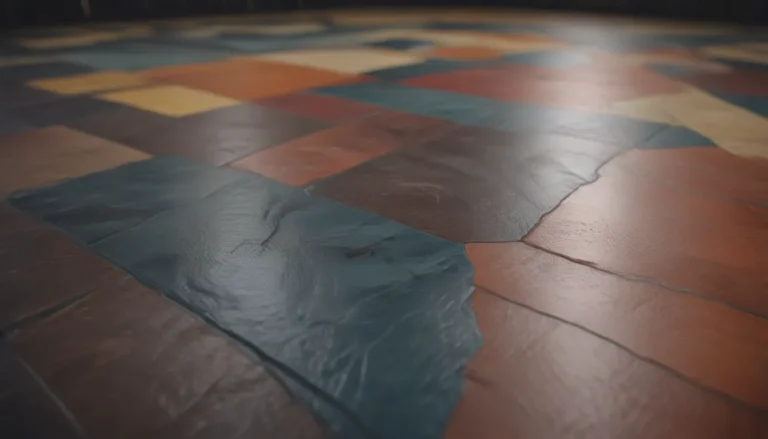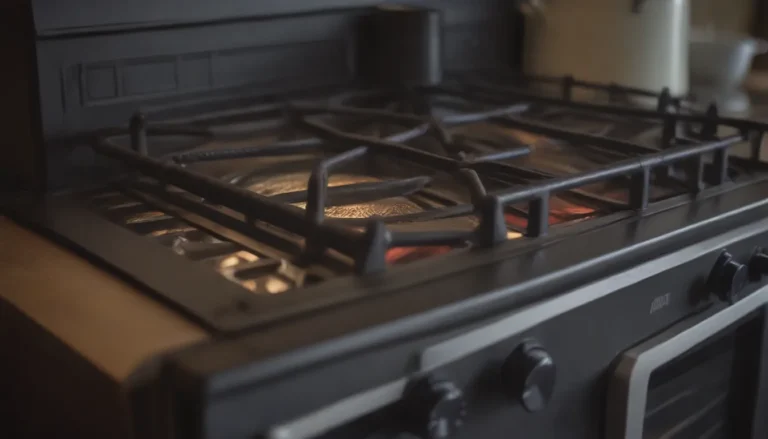The Ultimate Guide to Walk-in Showers: Cost, Installation, and More
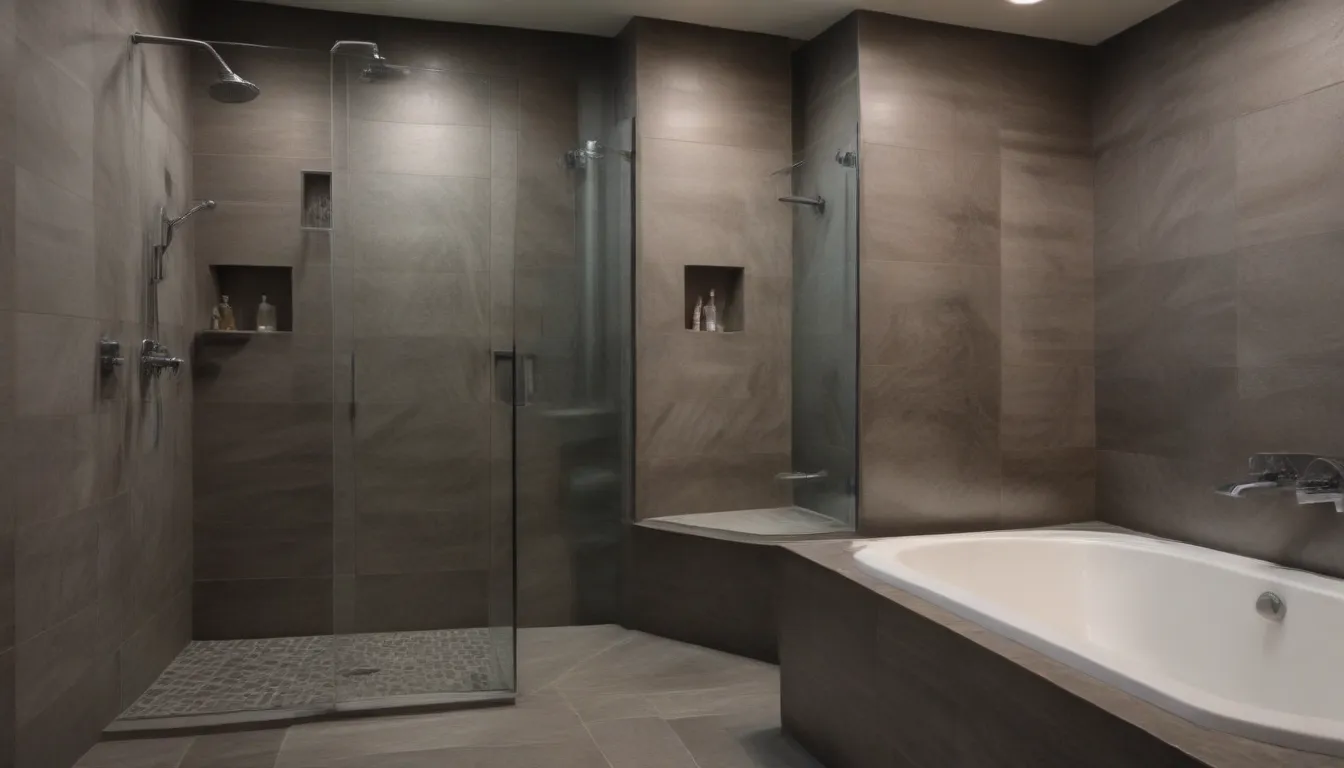
Are you considering adding a walk-in shower to your home but unsure about the costs involved? Walk-in showers are a great option for smaller spaces or for individuals with mobility issues, providing a convenient and stylish bathroom upgrade. In this comprehensive guide, we’ll explore everything you need to know about walk-in showers, from cost factors to installation tips and ways to save money on your project.
Understanding Walk-in Shower Costs
When it comes to the cost of installing a walk-in shower, there are several factors to consider. On average, homeowners can expect to pay between $700 to $14,000 for a new walk-in shower, with an average cost of around $6,700. The final cost will depend on factors such as size, type, materials, labor, permits, and additional features. Let’s dive deeper into these cost factors:
Size
- The size of the walk-in shower will impact the overall cost of the project. Larger showers require more materials and labor, leading to higher costs.
- Standard walk-in shower sizes typically range from 60 inches by 30 inches to 60 inches by 42 inches. Smaller models are available at 36 inches by 36 inches for narrow spaces, while oversized showers can measure 60 inches by 72 inches.
Type
- There are two main types of walk-in showers: prefabricated and custom. Prefabricated showers are cost-effective and easy to install, while custom showers offer more design flexibility but come at a higher price.
- Prefabricated walk-in showers typically cost between $700 to $3,000, while custom showers can range from $1,800 to $6,800.
Materials
- The materials used in the construction of the walk-in shower will impact the cost. Options include tile, marble, granite, Corian, acrylic, and fiberglass.
- High-end materials like marble or granite will increase the cost but offer durability and aesthetic appeal.
Labor
- Unless you have the necessary skills, hiring a contractor is typically required for walk-in shower installation. Labor costs can range from $400 to $2,000, depending on the complexity of the project.
Permits
- Depending on your location, you may need a building permit for the walk-in shower installation. Permit costs can range from $250 to $500.
Prefab vs. Custom Walk-in Showers
Prefabricated Walk-in Showers
- Ideal for cost-conscious homeowners.
- Average cost ranges from $700 to $3,000.
- Made from fiberglass or acrylic and easy to install.
Custom Walk-in Showers
- Offers design flexibility but comes at a higher cost.
- Average cost ranges from $1,800 to $6,800.
- Total project cost typically falls between $4,200 to $8,500.
Additional Walk-in Shower Costs
In addition to the main cost factors, there are other expenses to consider when budgeting for a walk-in shower project:
Conversion and Demolition Costs
- Converting a bathtub to a walk-in shower can cost between $1,000 to $15,000.
- Demolition costs for removing old showers or walls can range from $50 to $1,000.
Plumbing and Waterproofing
- Plumbing costs vary depending on the existing setup.
- Waterproofing a custom shower can cost between $500 to $1,000.
- Adding a glass door can increase the cost by $550 to $1,400.
Accessibility Features
- Curbless walk-in showers or additional accessibility features can increase the overall cost.
- Consider grab bars, seating, and wider doorways for increased accessibility.
DIY vs. Professional Installation
While DIY installation is possible for prefabricated showers, custom showers may require professional assistance. Hiring a contractor can add around $400 to $2,000 in labor costs but ensures a quality installation. Consider your skill level and project complexity when deciding between DIY and professional installation.
Ways to Save on Walk-in Shower Cost
Looking to save money on your walk-in shower project? Consider the following tips:
- Opt for prefabricated shower kits to reduce costs.
- DIY simple parts of the project, like shower demolition.
- Choose low-cost materials like acrylic or fiberglass.
- Consider a manufactured shower pan for custom showers to save time and material costs.
In conclusion, walk-in showers are a practical and stylish addition to any bathroom, offering convenience and accessibility. By understanding the cost factors, installation process, and ways to save money, you can successfully transform your bathroom with a beautiful walk-in shower. Happy remodeling!
